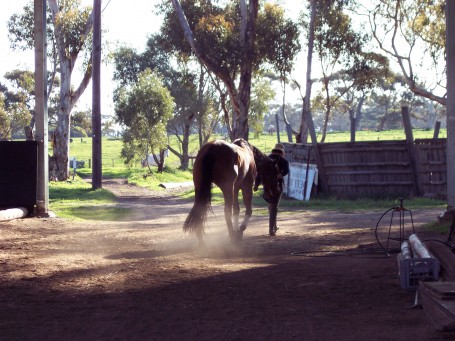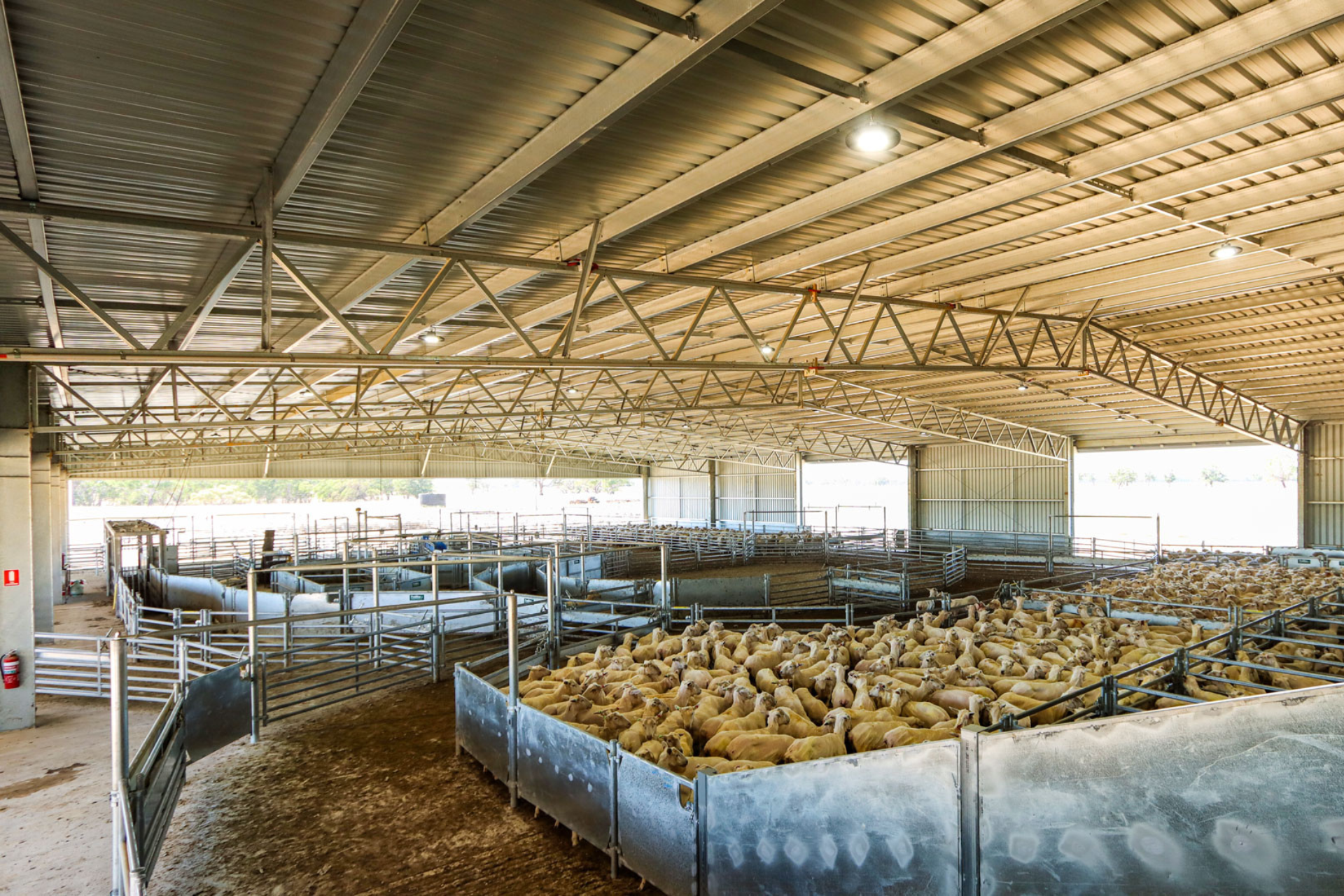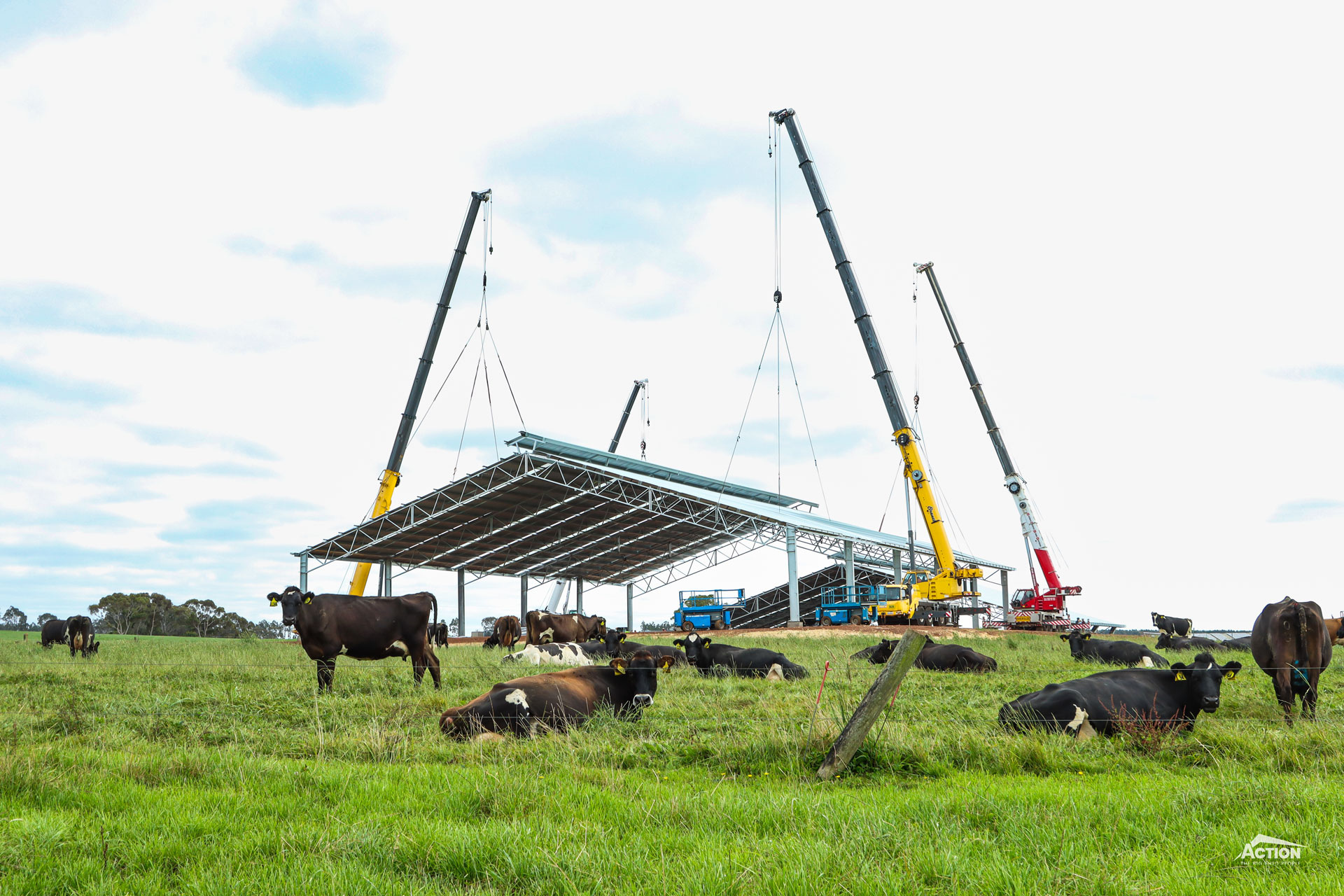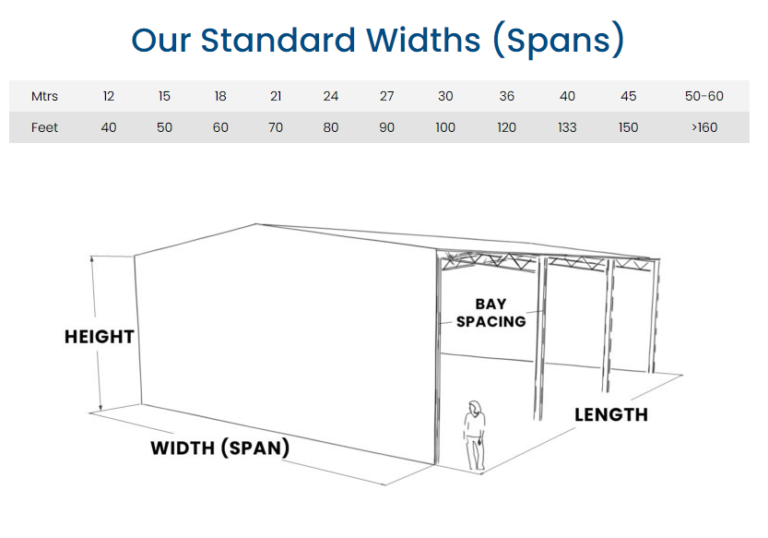How does hot weather affect horses?
Horses are generally adaptable and tolerant of changes in the weather – they are more likely to be affected when there is a combination of weather extremes and quickly changing weather conditions, they are moved from one climate to another or they are unable to seek shelter from the weather.
Other factors that determine how well a horse copes with changes in the weather include age, coat condition and metabolism.
Your horses thermoneutral zone
A thermoneutral zone is the range of temperatures at which adequate body temperature can be maintained without having to use any extra energy.
The upper and lower temperatures of the thermoneutral zone are determined by factors like what the horse has become accustomed to and the body and health condition of the horse.
The thermoneutral zone for a horse is usually between 5°C to 25°C meaning that a horse will be able to maintain a comfortable body temperature when the outside temperature 5°C and 25°C. At temperatures outside of this zone the horse has to work to maintain their core temperature.
The effect of hot weather on horses
If a horse is exposed to high temperatures for a long time it can lead to issues like heat stress, heat stroke, muscle spasms and colic. Young horses or horses with a history of sickness are most susceptible.
Heat Stress
Heat stress can occur in Spring when the weather starts to get warmer, but the horse still has a winter coat.
It is important to be aware of the signs and symptoms of heat stress, as heat stress can become serious if it is not monitored and necessary action taken.
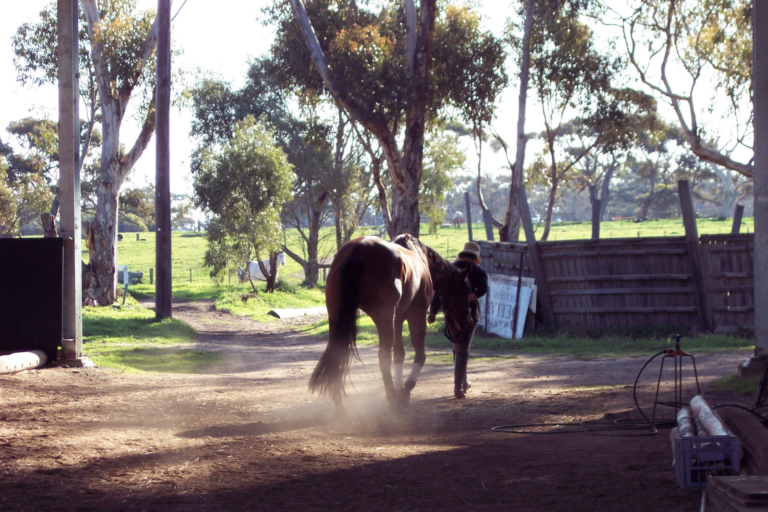
Signs of heat stress include:
- Dehydration
- Droopy ears
- Increased heat rate and breathing rate
- Loss appetite which results in loss of bodyweight and condition
- Profuse sweating
- Tiredness and lethargy
Heat Stroke
Heat stroke is a serious overheating condition and if you suspect your horse is suffering from heat stroke, contact your veterinarian immediately – heat stroke can be fatal if not treated promptly.
Signs of heat stroke include:
- Collapse
- Convulsions
- Dehydration with prolonged skin tents
- Irregular heartbeat (thumps)
- Laminitis
- Muscle weakness (myopathy)
- Profuse sweating or no sweating at all (Anhidrosis).
- Rapid heart rate and breathing rate that doesn’t lower after exercise
- Rectal temperatures of more than 39°C
- Uncoordinated gait (ataxia)
- Whinnying and distress
Other ways hot weather can affect horses
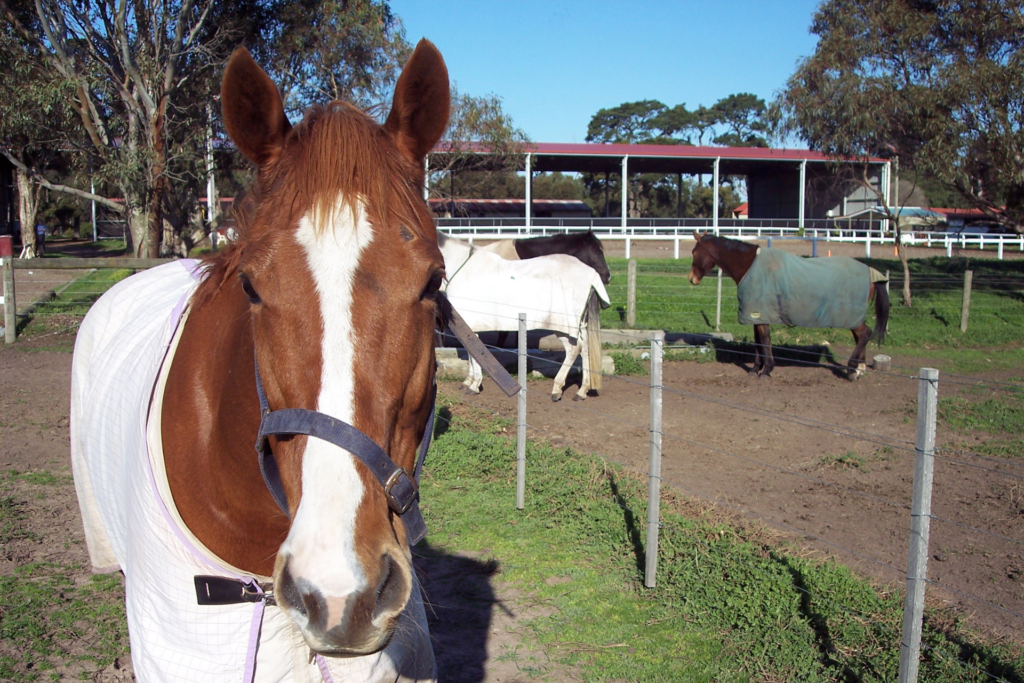
- A sudden heat wave can make horses uncomfortable and pick at their hay. Fibrous food like hay is important for digestive health, so if your horses is not eating enough it may impact their digestive system
- Dark coloured horses hold more heat and sweat more.
- Fat is an insulator as it traps body heat meaning overweight horses heat up faster and sweat more at lower air temperatures and work levels compared to fit, healthy horses.
- Hot weather can limit the horses’ activity level and because exercise is a critical part of gut motility this inactivity can contribute to colic cases.
- There is an increased risk of infectious diseases in hot weather such as West Nile Virus and Potomac Horse Fever.
- When the weather is both hot and humid, sweat will not evaporate, stopping a horse’s evaporative cooling. This can lead to thermal injury and potentially life-threatening situations, particularly if the horse has been exercising.
- White or light-coloured areas are susceptible to sunburn
Dehydration
- Dehydration often occurs with a change in weather – in cold weather the horse will not drink as much or in hot weather when the horse is sweating excessively.
- Excessive sweating and dehydration cause an electrolyte imbalance for your horse which affects the digestive tract including blockages in the gut, increasing the risk of colic.
- Once a horse has started to dehydrate, he loses the capacity to control his body temperature.
Signs of dehydration can include:
- Dark urine
- High body temperature
- Dull expression or behavior
- Synchronous diaphragmatic flutter (thumps)
- Exertional rhabdomyolysis (tying up)
Skin tents are one way to check if your horse is dehydrated.
We hope this article helps explain how hot weather affects horses and the importance of being aware of signs of heat stroke, heat stress and dehydration.
For more articles like this check out our Learning Hub which also includes the latest videos, brochures and storage calculators for fodder storage. You might also like to browse our latest projects gallery.

